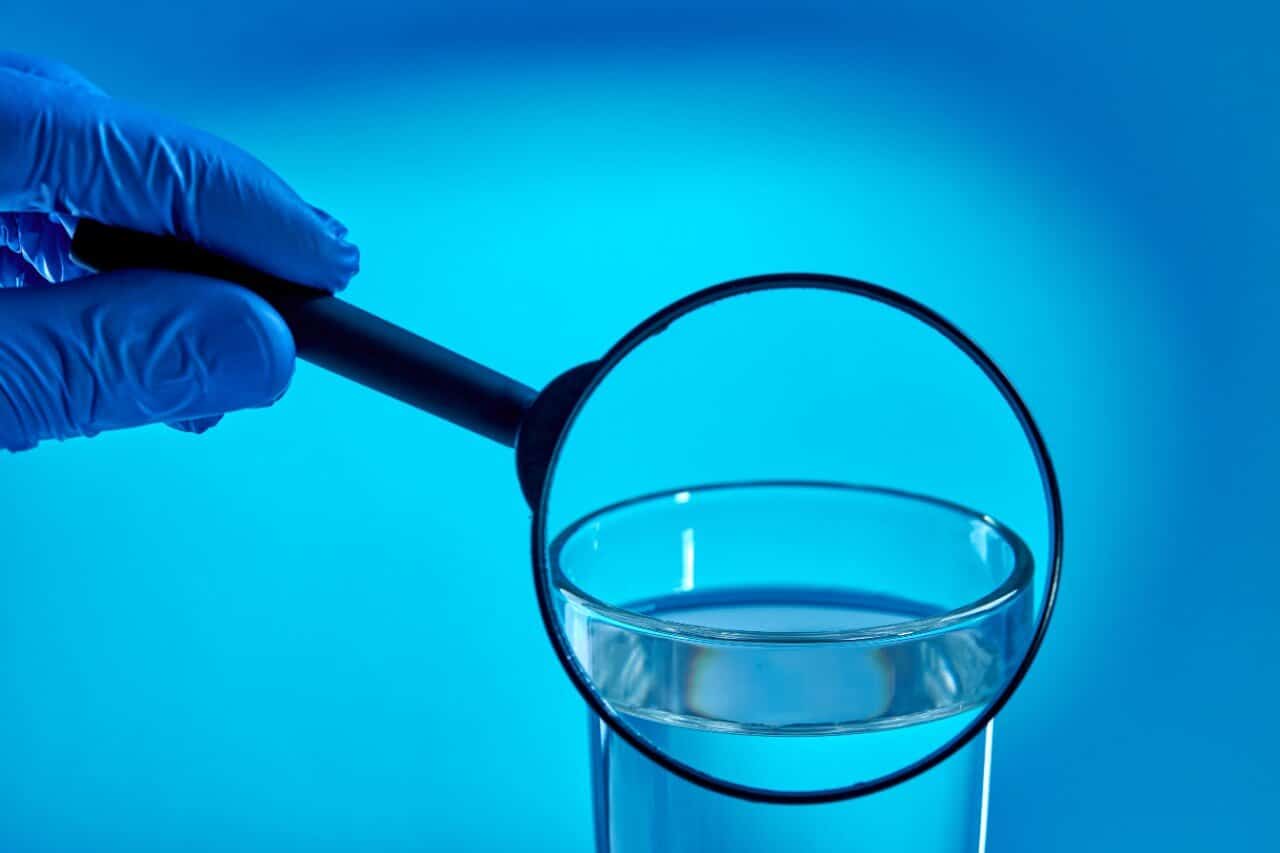

In the area of water monitoring and analysis, we have made technological improvements to ensure efficient operation and contribute to water and energy conservation in various water systems. We have also addressed critical issues surrounding water system, we believe that this course will proof of our commitment to quality of water technologies, and to environmental preservation and improvement. By the end of the training course, the delegates will be able to select the appropriate technology for their water analysis and protect their surrounding environment.
Organizational Impact:
Improvement the skills of employees are not less important than improvement the efficiency of equipment within the various institutions. From this point of view, if you want to invest in your human resources welcome to your employees in training course.
Personal Impact:
Your value in your field of work increases by increasing your theoretical and practical experiences, every information you gain in your working life increases your value in the work environment. From this point of view, we invite you to participate in this training program to increase your skills through lecturers at the highest level of experience in the field of water treatment for various industries technologies
This course is designed for supervisors, engineers, chemists and technicians responsible for water analysis technologies in plants. this training course is suitable to a wide range of professionals but will greatly benefit:
This interactive Training will be highly interactive, with opportunities to advance your opinions and ideas and will include;
Day 1
Day 2
Day 3
Day 4
Day 5
CDGA certificate will be issued to all attendees completing minimum of 75% of the total tuition hours of the WORKSHOP.
| Code | Date | Venue | Fees | Register |
|---|---|---|---|---|
| LAB163-02 | 26-04-2026 | Dammam | USD 5450 | |
| LAB163-03 | 19-07-2026 | Doha | USD 5450 | |
| LAB163-04 | 15-11-2026 | Dubai | USD 5450 |
Providing services with a high quality that are satisfying the requirements
Appling the specifications and legalizations to ensure the quality of service.
Best utilization of resources for continually improving the business activities.
CDGA keen to selects highly technical instructors based on professional field experience
Since CDGA was established, it considered a training partner for world class oil & gas institution
3012, Block 3, 30 Euro Business Park, Little Island, Co. Cork, T45 V220, Ireland
Mon to Fri 09:00 AM to 06:00 PM
Contact Us anytime!
Request Info